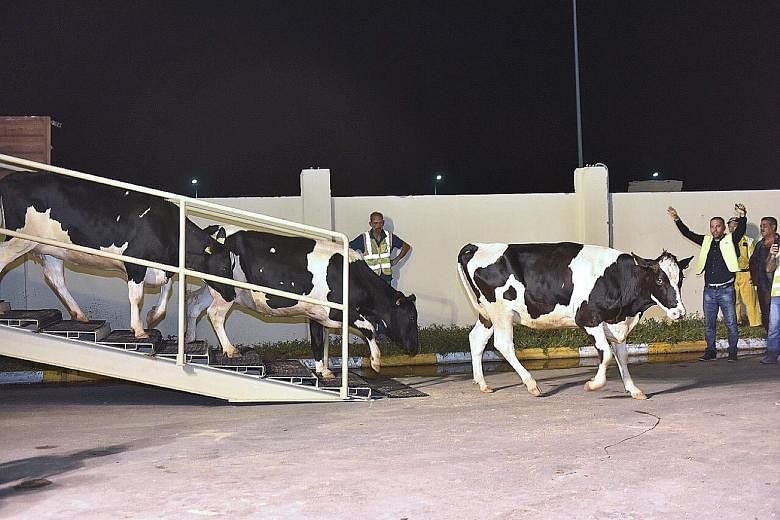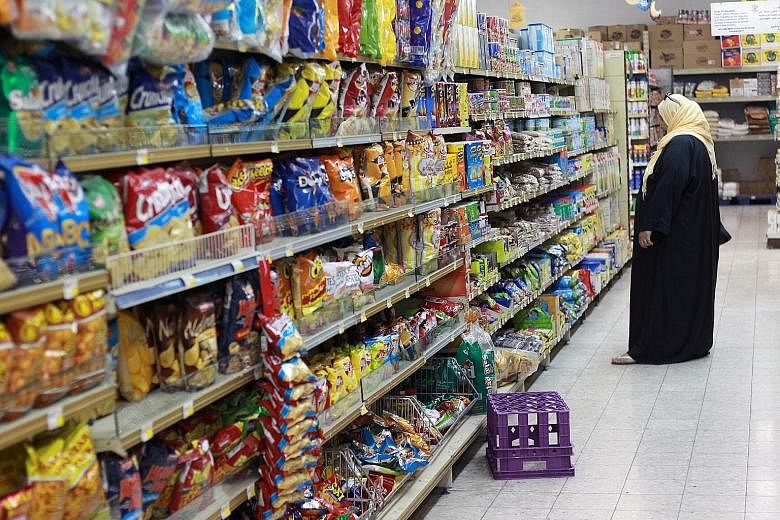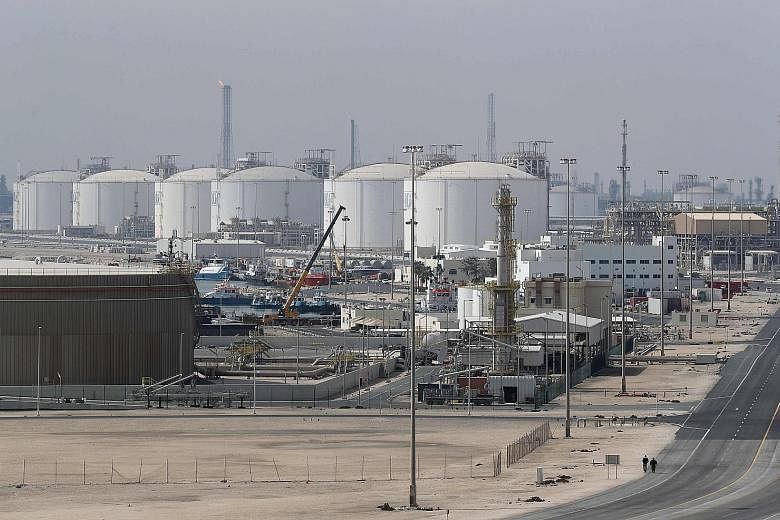It has been more than a month since Saudi Arabia, the United Arab Emirates, Bahrain and Egypt separately announced they were breaking off diplomatic relations with Qatar. All four countries imposed a sweeping air, sea and land blockade against the tiny Gulf emirate. Thus far, Qatar appears to have circumvented the embargo quite well. Here's how.
FINANCIAL MUSCLE
Central bank governor Sheikh Abdullah Saoud al-Thani has said the country has US$340 billion (S$464 billion) in reserves that could help it weather the isolation by its powerful Arab neighbours.
ENSURING FOOD SUPPLIES
In the shock of the first days of the crisis, there was panic-buying and a very real fear of food shortages, but supermarket shelves in the arid emirate are now full and well-stocked with fresh produce and imports from Turkey and Iran.
Last week, in the first of 60 flights that will bring more than 4,000 cows to the country, 165 cows were flown from Budapest in a Qatar Airways cargo plane. Qatar residents have learnt to adapt to the daily realities of living with the embargo. Prices for staples have increased, but most have shrugged off the extra expenses.
NEW AIR AND TRADE ROUTES
Iran has opened its airspace to flights to and from Qatar and, earlier this month, Qatar Airways said it would start flights to Sohar in Oman and Prague next month, the first new routes to be announced by the airline since the crisis forced it to stop flights to 18 Middle East destinations.
Qatar has also launched five new shipping routes to circumvent the trade blockade: two to India, two to Oman, and one to Turkey.
INTERNATIONAL PARTNERSHIPS
Qatar, which shares the world's third-largest gas field with Iran, is the world's biggest exporter of liquid natural gas. The gas has continued to flow uninterrupted even as the crisis deepens. Roughly two-thirds of the nation's exports are sent to Japan, South Korea, India, Taiwan, China and Thailand.
Dr Kristian Coates Ulrichsen, a Seattle-based research fellow at the James A. Baker III Institute for Public Policy at Rice University who has extensively studied Qatar, said: "For any small country... having international partnerships is a key tool of your external security. I think that may be what the Qataris are banking on right now."



